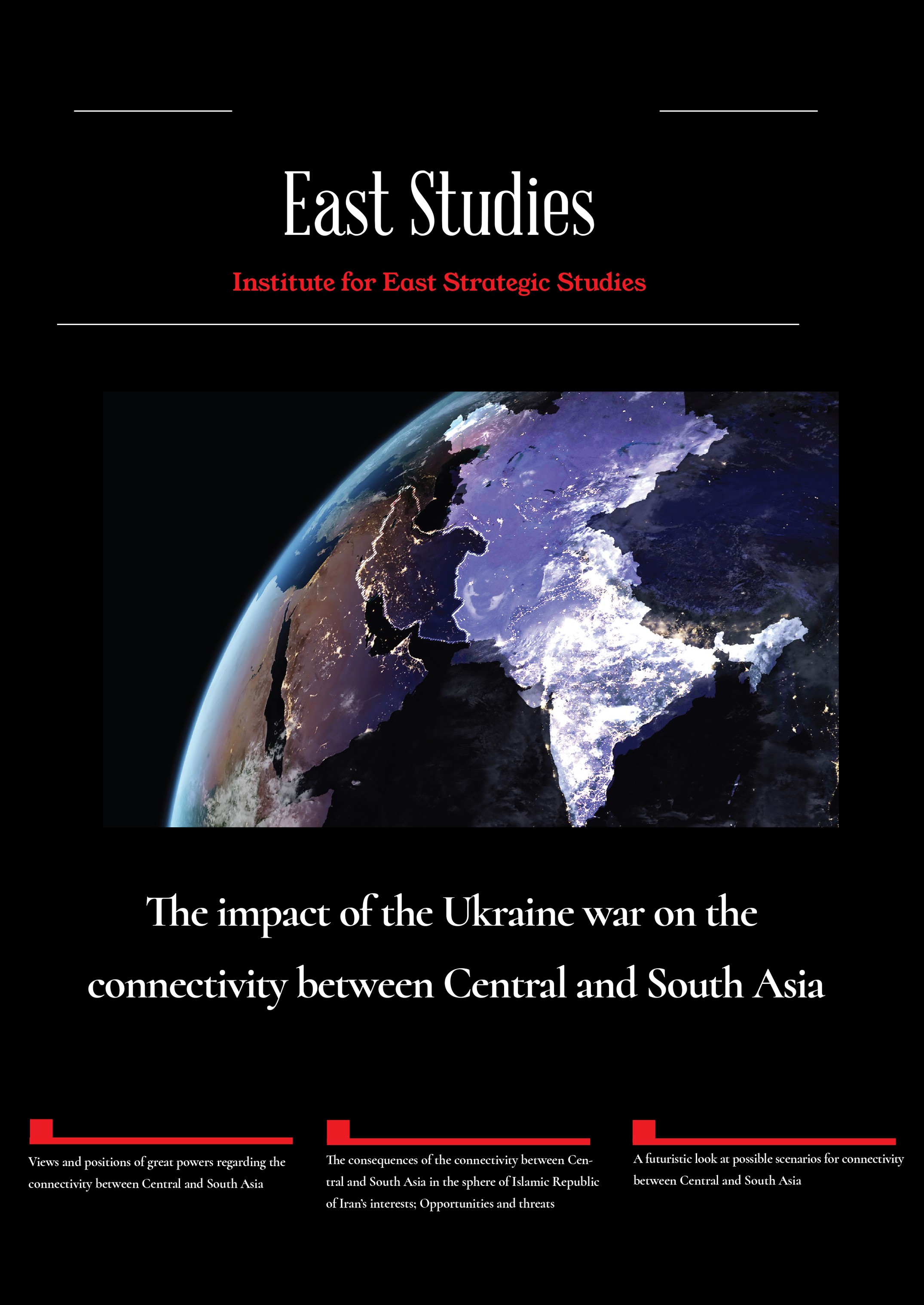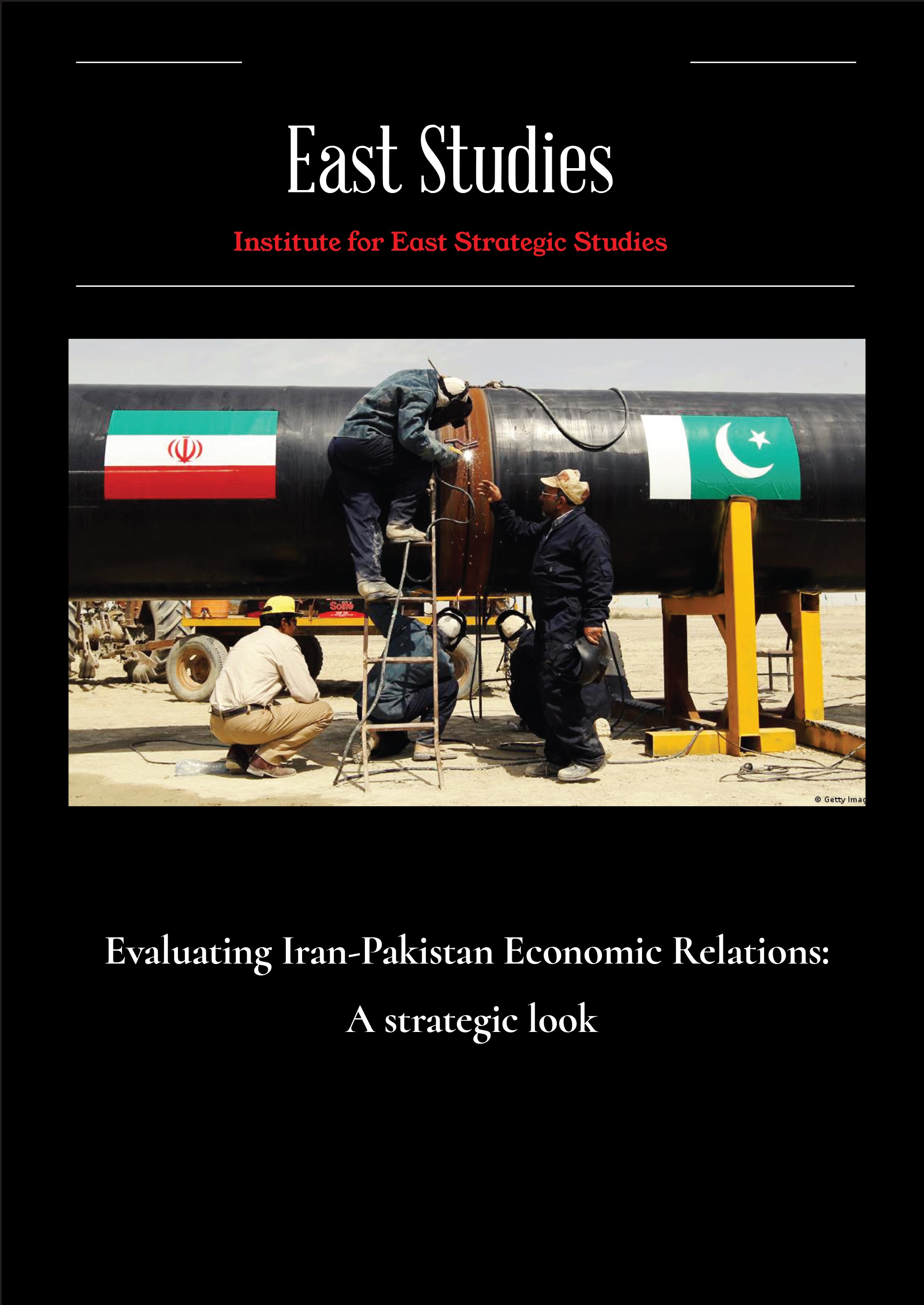In the last 20 years, Arab countries had three different positions towards Afghanistan. First, a group of countries which had a completely neutral position and were uninterested in Afghanistan's issues....
7 Nov 2023 - 08:36
During recent years, new geo-political and geo-economic trends have emerged in Central Asia. Connectivity between Central and South Asia is one of them. The geographical limitations of this landlocked ...
1 Nov 2023 - 11:20
The complexity of multi-layered and multi-faceted relations in Central Asia naturally has many strategic outputs, which can also be considered as part a multi-faceted new Great Game in the region. Among ...
14 Oct 2023 - 12:35
Since the fall of the republic government in Afghanistan, we have witnessed the gradual importance of Afghanistan for China, and Beijing's special approach to Kabul. The clear message of Beijing’s recent ...
8 Oct 2023 - 10:18
The strategic policy of the Central Asian countries is now affected by the developments in Afghanistan, and especially the Ukraine crisis. The escalation of conflict between Russia and the West, and the ...
12 Sep 2023 - 11:44
It can be predicted that the power cycle in Pakistan will continue to be a rotation of power between army generals and political parties. As a result, Pakistan is expected to be excluded from the sustainable ...
26 Aug 2023 - 09:22
Iran and Pakistan are two neighboring and influential countries in the West Asia that, due to their proximity, have lower trade costs than other countries. Today, both countries have strong capacities ...
26 Aug 2023 - 09:17
On August 15, 2021, when Afghan President Ashraf Ghani fled the country, Kabul the capital of Afghanistan collapsed and after a short-term power vacuum, the Taliban took over the power by declaring a ...
26 Aug 2023 - 09:15
Khaf-Herat Railway is an old project that dates back to the Daud Khan period in the 1970s. Due to the outbreak of wars in Afghanistan, the implementation of this plan was postponed for several decades....
14 Aug 2023 - 07:40
The Interior Minister of Pakistan announced that the plan to transfer the members of Tehreek-e-Taliban Pakistan (TTP) to areas far from the Pakistan border has been finalized by the Afghan Taliban government....
6 Aug 2023 - 10:17
The United Nations Security Council (UNSC), as the security arm of the United Nations, periodically reviews the latest situation of Islamic State of Khorasan Province (ISKP) by two separate teams. A comparative ...
10 Jul 2023 - 14:31
According to the systemic theory in political studies, the institution of power is a dynamic and living system, and if it cannot adapt itself to the surrounding environment, its survival and durability ...
24 Jun 2023 - 08:18
The relations between Tehran and Tashkent have experienced a growing trend in recent years. However, trade exchanges of less than one billion dollars, and the lack of mutual strategic dependencies can ...
19 Jun 2023 - 14:22
Strategic partnership is an upgraded level of relations between countries. This partnership has some strategic features, but its level of commitments is lower. Economy has a very decisive role in this ...
1 Jun 2023 - 14:57
In recent years, Turkey has had a specific view on playing a strategic role in the geo-economic fields of Central Asia. During the past year, these efforts have been more pragmatic than ever, and have ...
28 May 2023 - 11:51
In the current situation that the relations between Russia and the United States are in one of the worst possible conditions, the strengthening of the C5+1 political Platform by the U.S. and its increasing ...
24 Apr 2023 - 12:21
Since centuries ago, Afghanistan has been a center for the game of powers, and the contradictory role of great and regional powers has had a great impact on the change of systems, political stability ...
9 Apr 2023 - 11:20
Currently, due to the war between Russia and Ukraine, there is a concern that the Western supporters of the Islamic State group (ISIS) will again send young migrant workers from Central Asian countries ...
12 Mar 2023 - 10:48
The relations of Taliban- ruled Afghanistan with other countries can be considered in three categories: 1) Afghanistan's close neighbors, which are the most important economic partners of this country ...
5 Mar 2023 - 10:44
Afghanistan never got the opportunity to build a state. In the 100-year history of this country, the process of becoming a nation-state was interrupted many times. Although the Taliban did not get the ...
22 Feb 2023 - 09:57



































